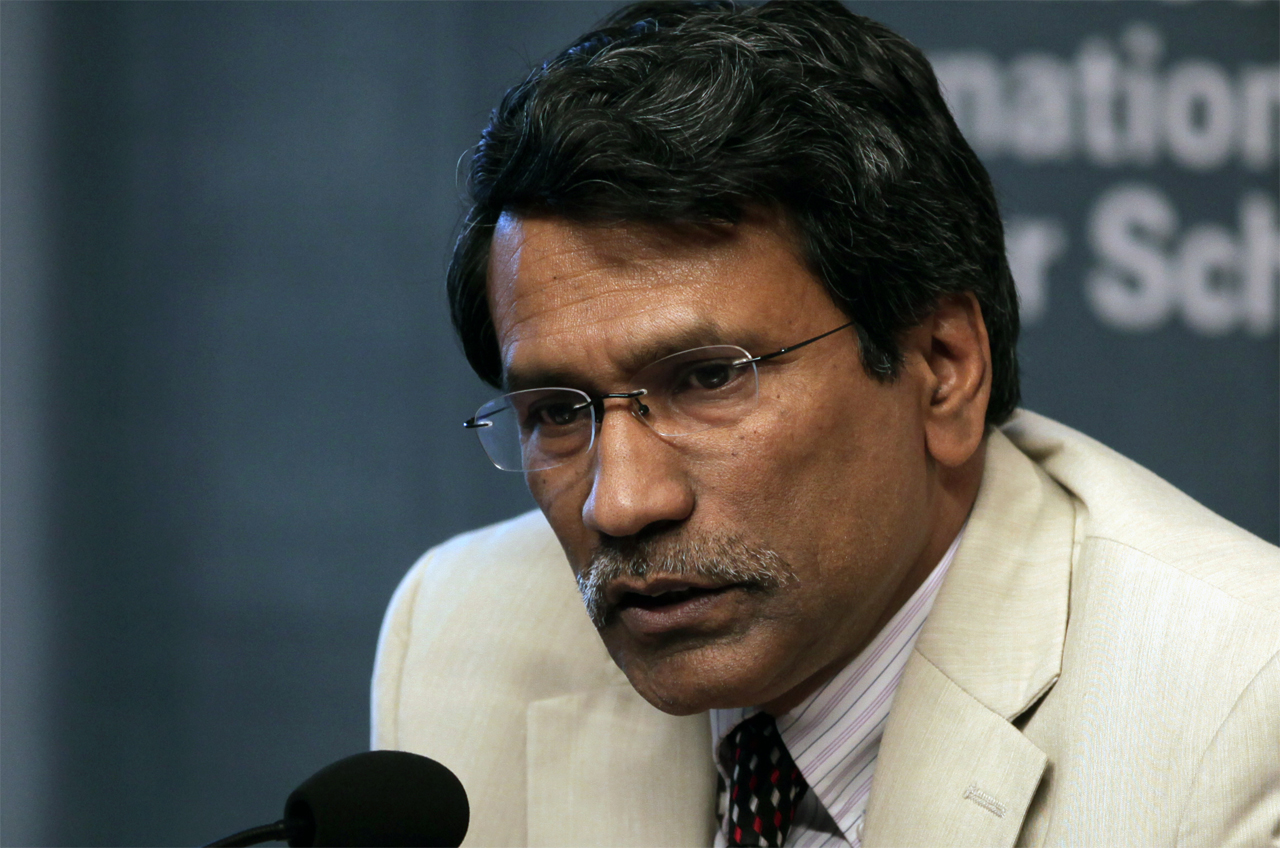University Professor Ali Riaz provided commentary and interviews for several media outlets on the recent Rohingya refugee crisis, along the Myanmar/Bangladesh border.
In “Proposal for joint operation on the border alarming,” September 1, originally published in Prothom Alo Bangla print edition and rewritten in English by Ayesha Kabir, Riaz critiques the military solution proposed and reminds readers that the Rohingya movement should be understood as an armed nationalist movement rather as an instance of Islamic extremism. The problem, Riaz argues, originates in the political exclusion of the Rohingyas dating back to the 1980s:
“The main problems… include recognition of the Rohingyas as citizens, ensuing their human rights, and involving them in the economic development of the region.” Ali Riaz
“If we are to understand the anger of the Rohingyas, we have to remember the law imposed in 1982 which denied their citizenship, the process introduced in 1983 to determine their citizenship, and the manner in which the Rohingyas were left out of the peace deal signed in 2015 between the military government and 15 rebel groups.”
The situation in Myanmar has created a refugee crisis that has spilled over into Bangladesh, and, according to Riaz, a joint military response may aggravate the potential for radicalization, while leaving “the main problems… unresolved. These include recognition of the Rohingyas as citizens, ensuing their human rights, and involving them in the economic development of the region.”
“The decision of the government to allow media access and to withdraw restrictions on international agencies to visit the border are positive actions. This will allow the world to see the picture and perhaps garner support.” –Ali Riaz
In What Bangladesh needs to do now, published September 10 in the Daily Star, Riaz lauds the diplomatic efforts of Bangladesh to find an international solution to the humanitarian crisis. He suggests, however, that Bangladesh needs to be strategic in its efforts to find a political solution, given Myanmar’s web of economic and strategic relationships with powers such as China and Russia. “The decision of the government to allow media access and to withdraw restrictions on international agencies to visit the border are positive actions. This will allow the world to see the picture and perhaps garner support.”
Riaz was also quoted on the topic by in a report by United News Bangladesh, the national news wire service, which appeared in various newspapers such as the Daily Sun and News Today.

